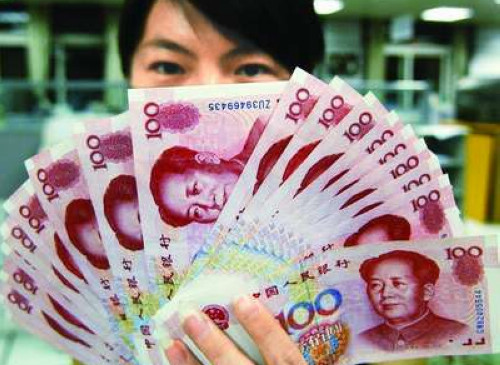How is Beijingers' 'Chinese dream' realized?
- By Zhang Junmian
 0 Comment(s)
0 Comment(s) Print
Print E-mail China.org.cn, March 15, 2013
E-mail China.org.cn, March 15, 2013
"Chinese dream" is a phrase that went viral in November 2012, after Communist Party of China (CPC) chief Xi Jinping used it to describe the Chinese people's common aspiration to rejuvenate the Chinese nation.
The Chinese dream implies a strong and wealthy country with social development equally accessible to all Chinese people.
Beijing's municipal government has done much to improve people's livelihood, while pursuing fast and steady economic development.
Here, China.org.cn has compiled key figures related to the government's efforts in sharing the fruits of social development with its people, as well as what to expect in the near future.
Residents' income: 36,469 yuan and 16,476 yuan
|
Residents' income: 36,469 yuan and 16,476 yuan |
In 2012, Beijing's per capita disposable income for urban households was 36,469 yuan (US$5,789) while per capita net income for rural households was 16,476 yuan (US$2,615), an increase of 7.3 percent and 8.2 percent respectively. Local farmers' income has grown faster than urban residents' for four consecutive years.
The capital city aims to increase the income of both urban and rural households by 7.5 percent in 2013, while limiting CPI growth (Consumer Price Index), a main gauge of inflation, to 4 percent.
The capital's GDP registered 1.78 trillion yuan (US$282.5 billion) in 2012, a 7.7 percent increase from 2011. The city's per capita GDP rose from 81,658 yuan (US$12,643) in 2011 to 87,091 yuan (US$13,797) in 2012. This figure reaches the level of high-income countries or regions throughout the world, based on World Bank criteria. It's expected that the city's GDP per capita will hit US$20,000 by 2020, at which time residents' incomes will be double that of 2010.







